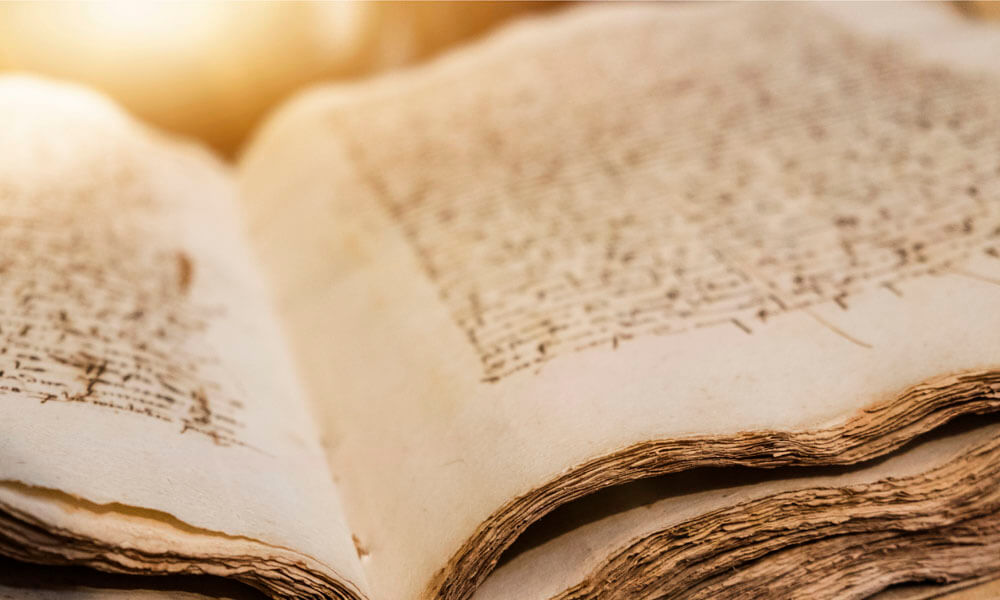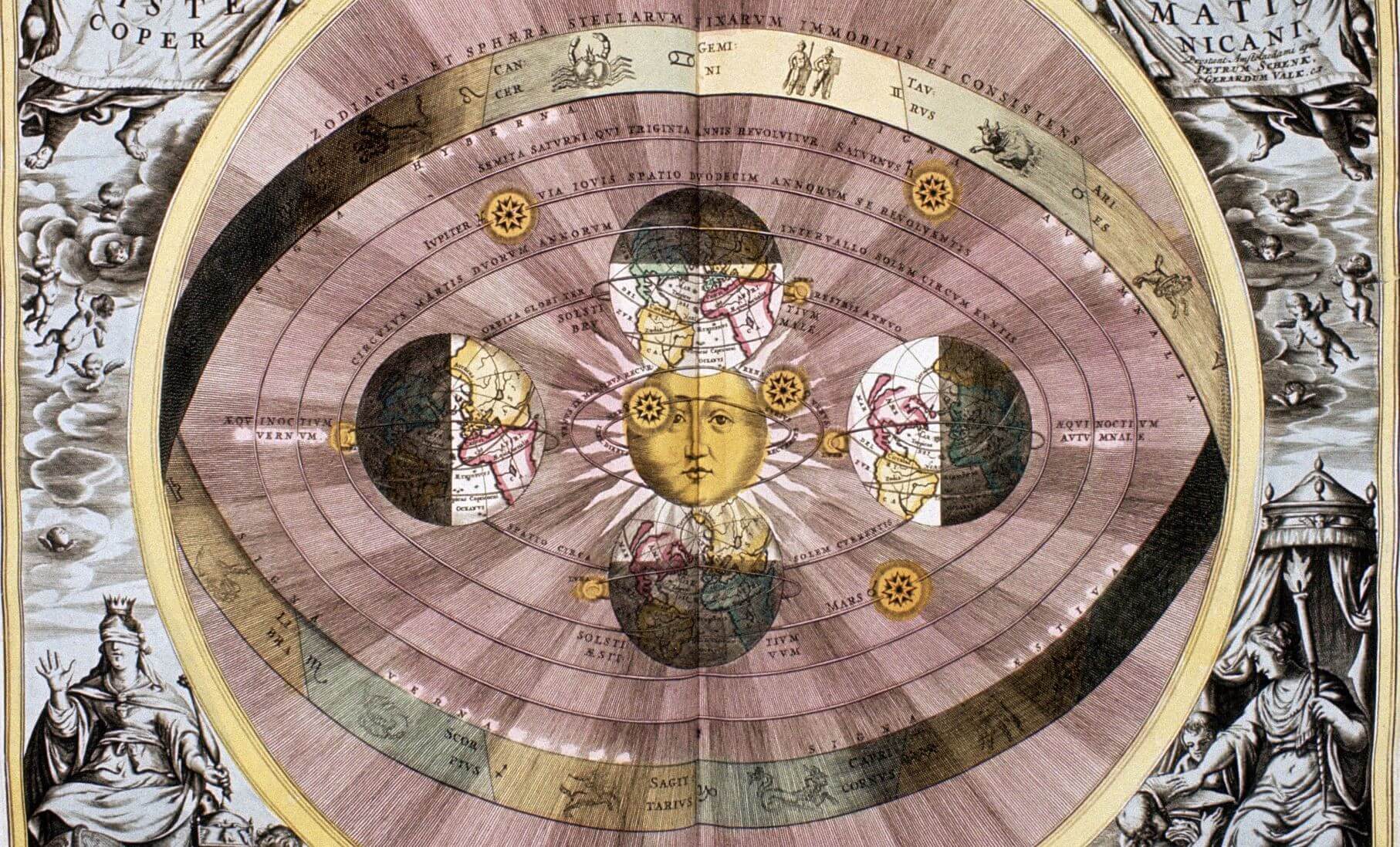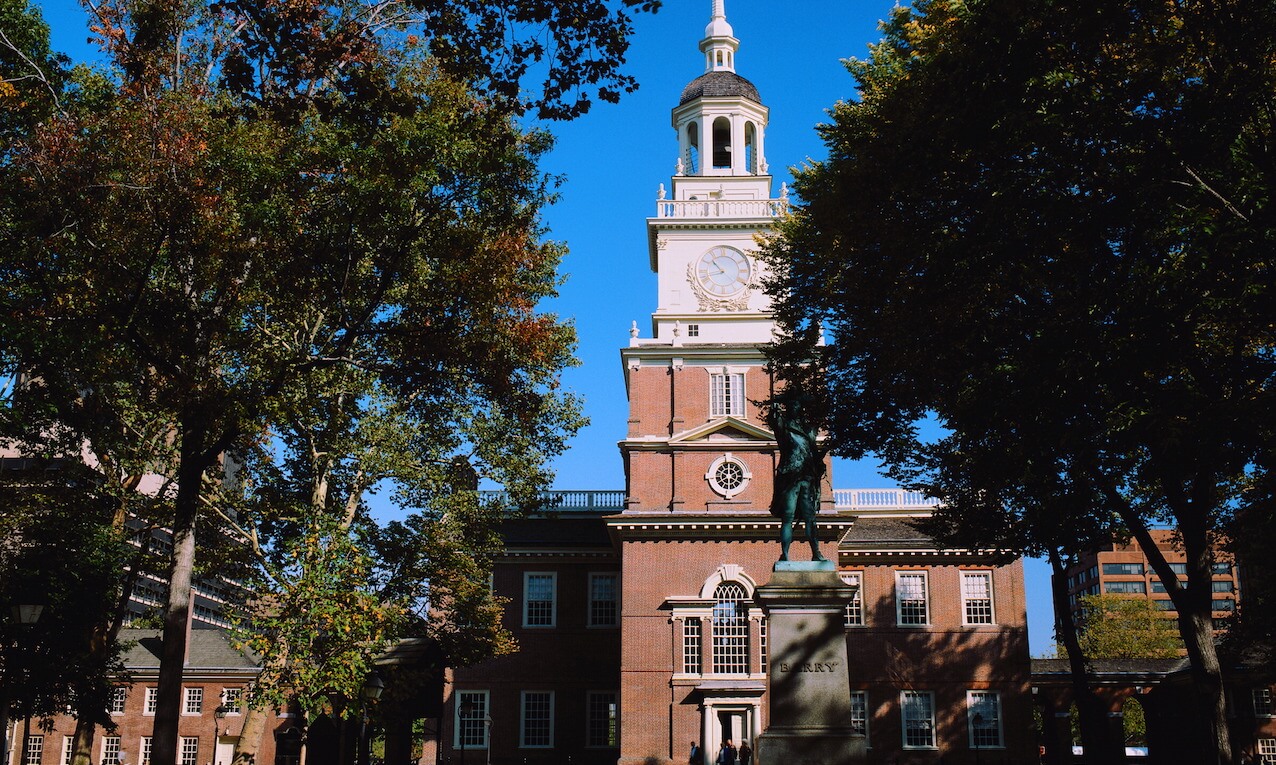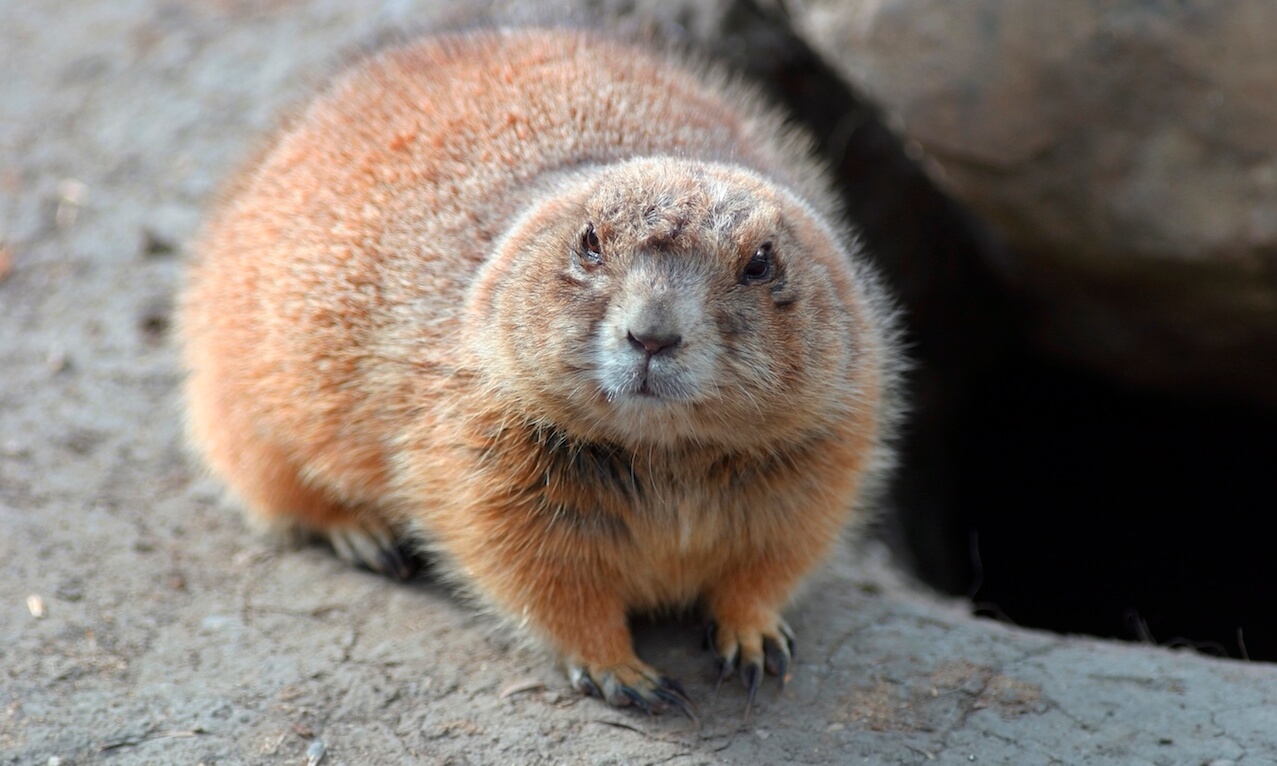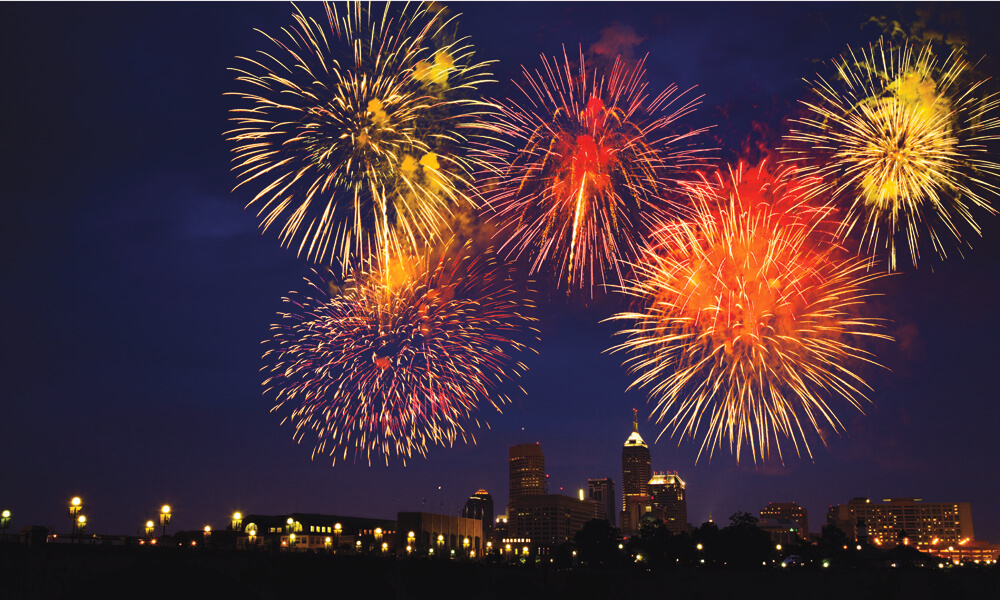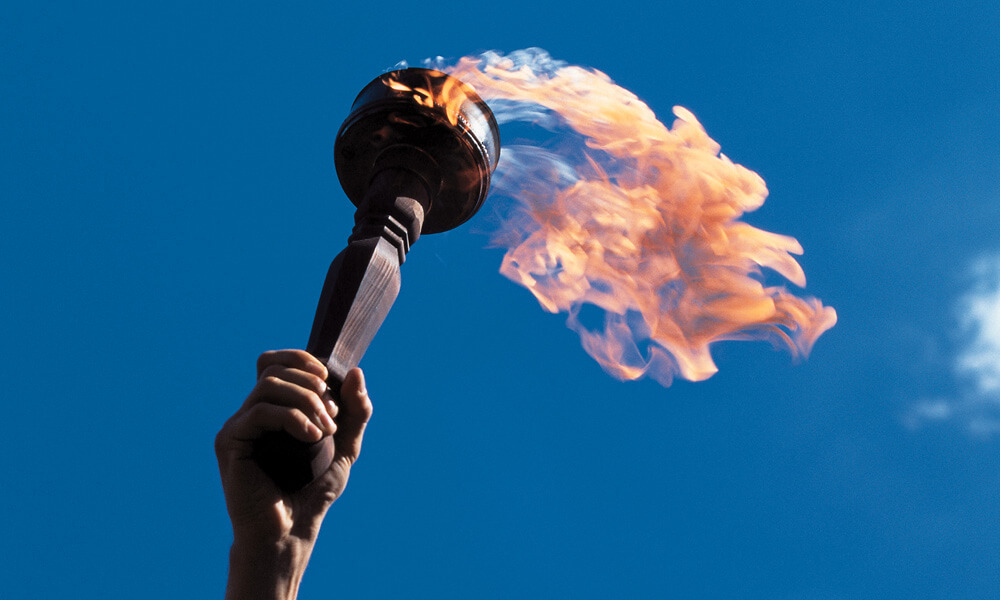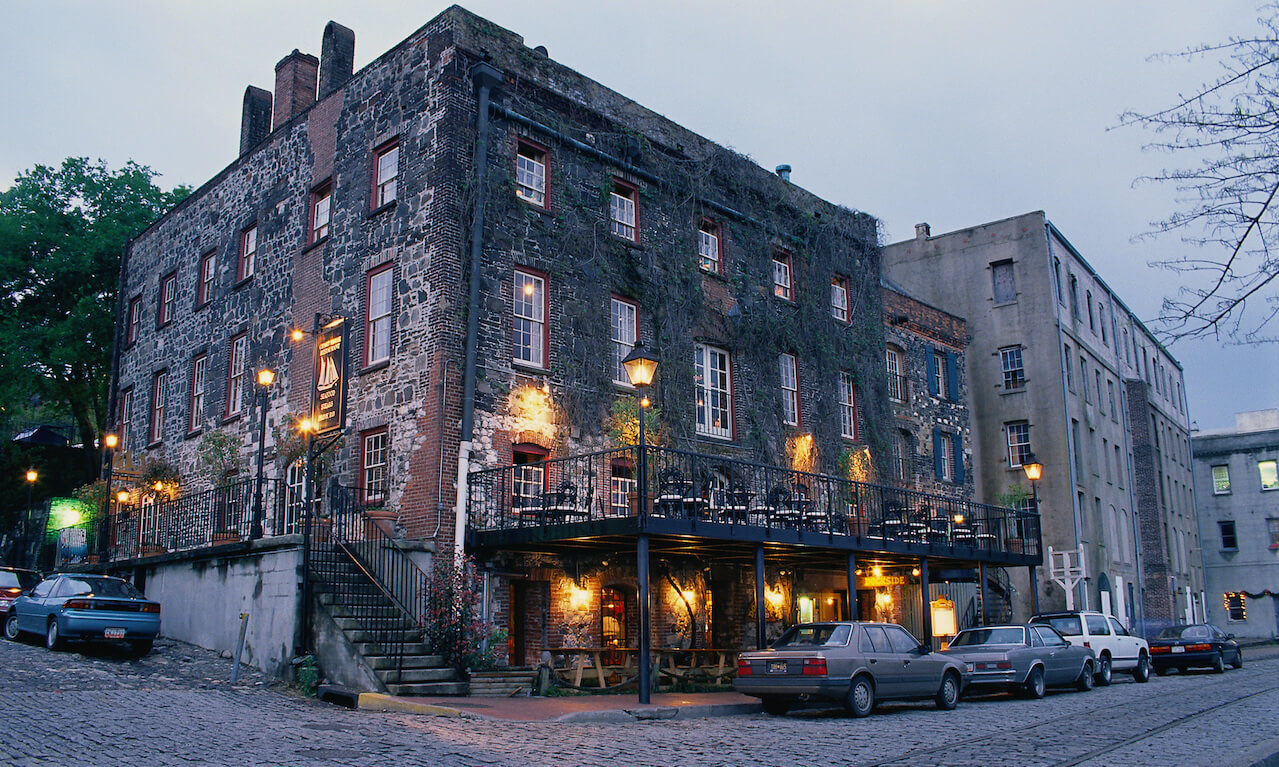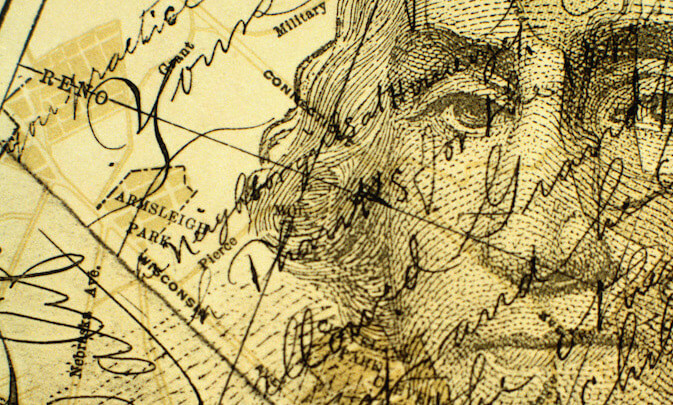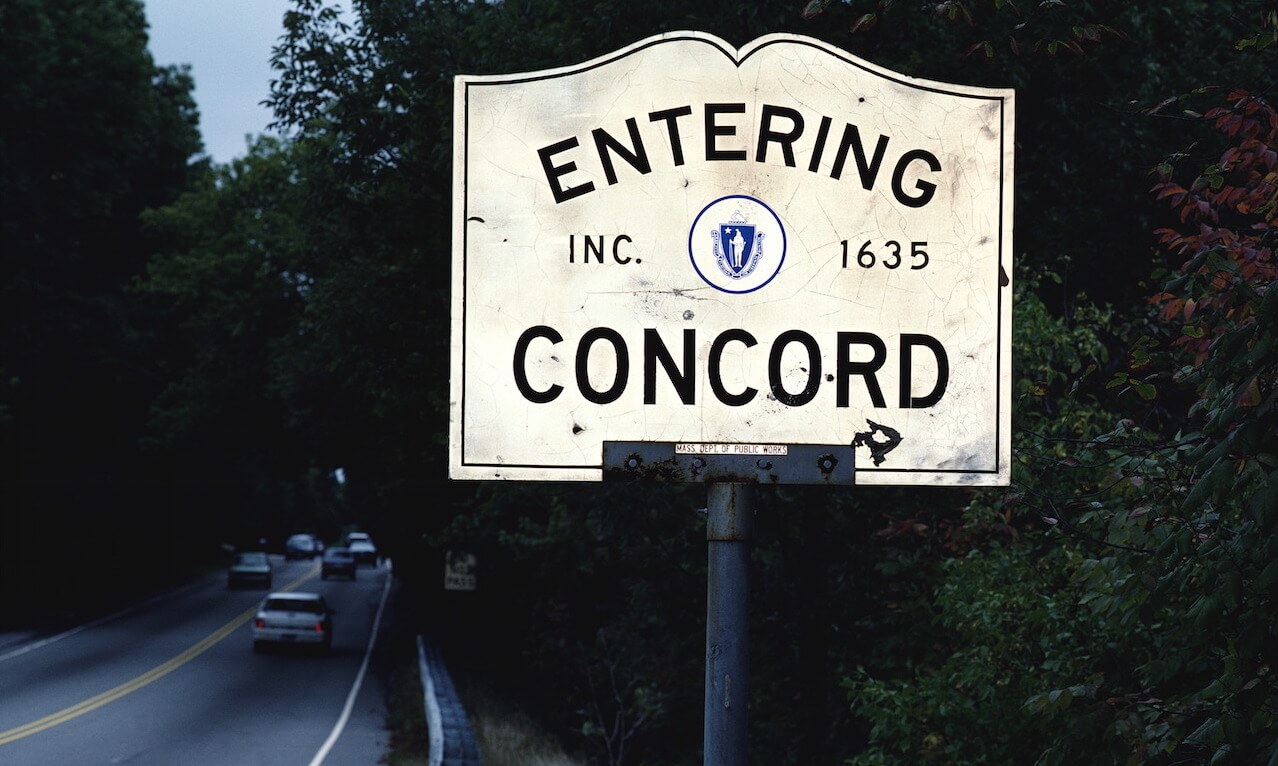English professor digitizes historic slave manuscript in Library of Congress
Source: Virginia Commonwealth University
Read to learn about a professor who recently found one of the only manuscripts known to be written by a slave during his bondage. The professor has preserved the document by creating a digital version of the manuscript in its original form.



